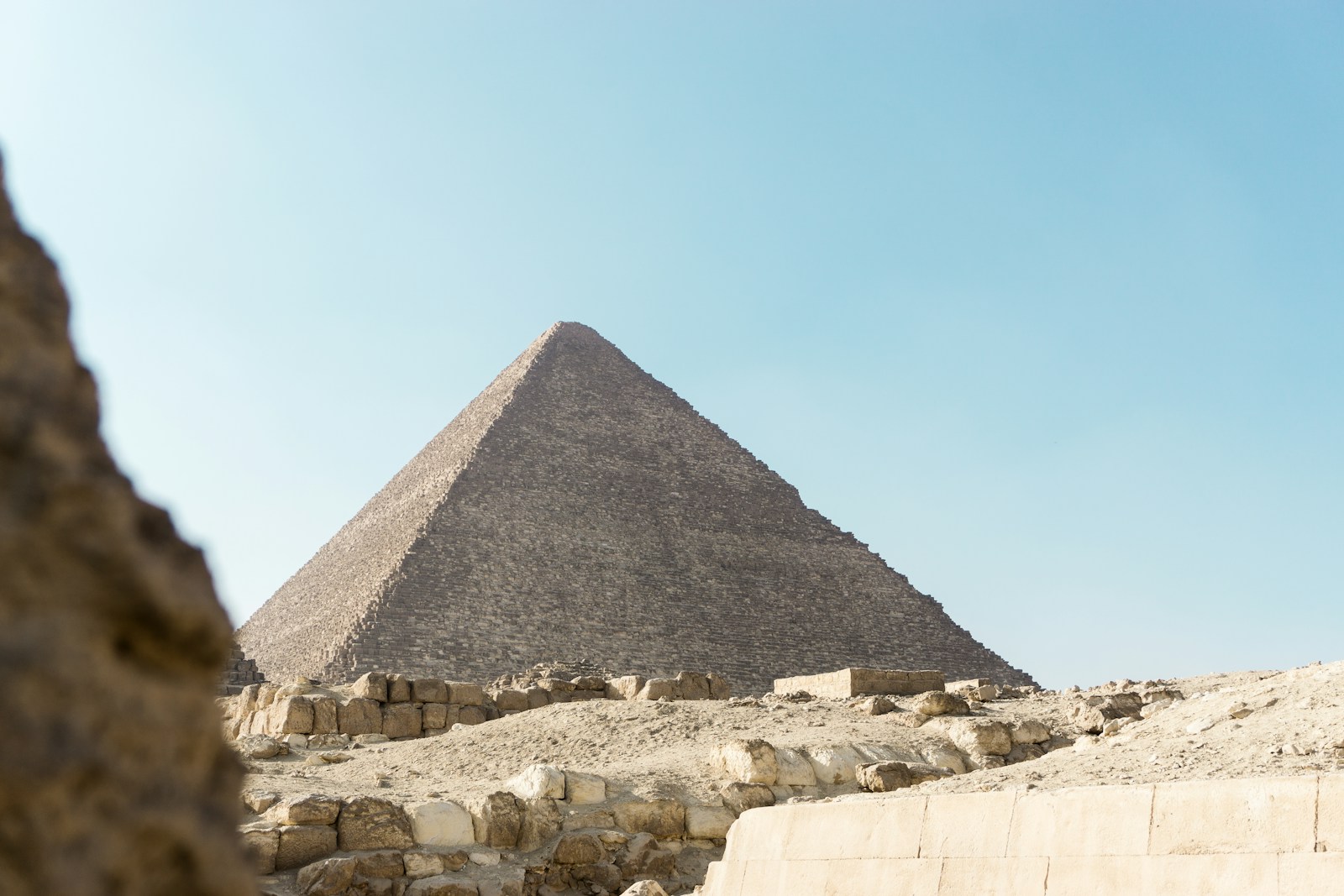
grand

great
The word 'grand' in French is equivalent to the English word 'great'. It can be used in similar contexts as English - to express something of large size, high quantity or superior quality. However, it is important to note that in French adjectives generally follow the noun they are describing, which is unlike English where adjectives precede the noun.
Example sentences using: grand
Paris est une grande ville.

Paris is a big city.
Using 'grande' before 'ville' (city) in French describes the size of the city, as it does in English.
Il rêve grand.

He dreams big.
In this phrase, 'grand' is used to express the size or extent of the dreams, same as in the English translation.
Elle est une grande femme.

She is a great woman.
Using 'grande' before 'femme' (woman) in this sentence in French indicates the woman's greatness or significance.
Il a fait une grande erreur.

He made a big mistake.
In this phrase, 'grande' is used to express the seriousness or magnitude of the mistake just like in the English translation.
Mon grand-père est très fort.

My grandfather is very strong.
This sentence highlights the use of 'grand' before 'père' to signify 'grandfather' in French. Grand, in this context, does not literally mean 'big' or 'great' but represents the generational gap.
Il a un grand coeur.

He has a big heart.
In French, 'grand' used before 'coeur' (heart) is interpreted as someone being generous or kind, similar to its English usage.
C'est une grande chance pour nous.

This is a great opportunity for us.
In this sentence, 'grande' (the feminine form of 'grand') is used in the context of magnitude or importance of chance (opportunity).
C'est une grand-mère adorable.

She is a lovely grandmother.
The term 'grand-mère' shows the use of 'grand' to signify a grandmother. It is a compound word, and does not literally translate to 'big mother'.
J'ai une grande famille.

I have a big family.
The 'grande' used before 'famille' (family) in French is used in the same way as in English, to express the size of the family.
Le Grand Canyon est impressionnant.

The Grand Canyon is impressive.
Here 'Grand' used as a proper noun (Grand Canyon), does not translate literally but denotes the specific name of this notable landmark.